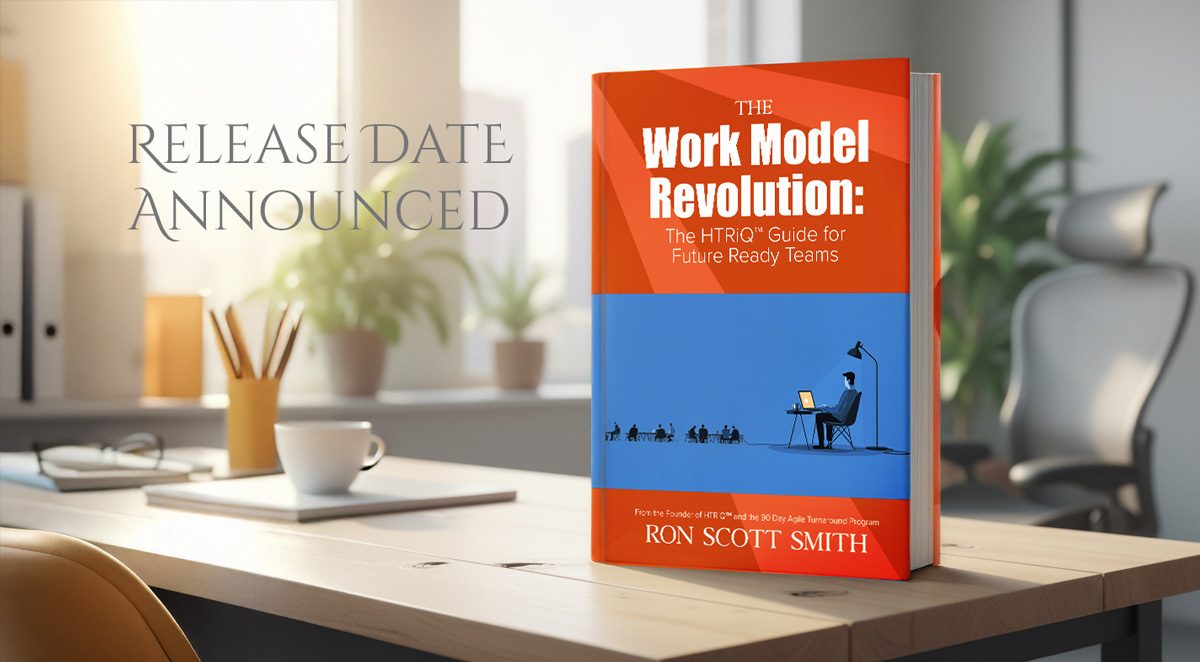In the flurry of conversations about remote and hybrid work, it’s easy to focus on the technology, policies, and logistics. But the true foundation of any successful work model isn’t a tech stack or a policy document—it's the well-being of your people.
Remote work, while offering unprecedented flexibility, also introduces a unique set of challenges that can impact mental and physical health. Issues like isolation, burnout from the "always-on" mentality, and a lack of connection with colleagues are real concerns that need to be proactively addressed.
Building a thriving distributed culture requires a new level of intentionality. It’s about more than virtual happy hours; it’s about creating a sense of genuine connection, belonging, and psychological safety that transcends physical distance.
So, what are the key principles for building a human-centric culture?
- Foster Trust and Empathy: Leaders must shift from overseeing to empowering, trusting their teams to do their best work. This requires a high degree of emotional intelligence and a genuine effort to check in on employees' well-being.
- Build Deliberate Connections: Since you can't rely on the "water cooler" for social interactions, you must intentionally create virtual communities and opportunities for informal connection. This could be anything from dedicated non-work chat channels to virtual team-building activities.
- Combat Isolation: Ensure that every employee feels equally valued and connected. This means actively working to prevent proximity bias and ensuring that remote employees have equal access to information, opportunities, and recognition.
- Invest in Well-Being: Proactively provide resources for mental and physical health, such as mental wellness apps, ergonomic support, and a clear "right to disconnect" policy. This is not an expense; it's an investment in your most valuable asset.
The future of work is not a fixed destination, but an ongoing evolution. The organizations that place their people at the core of their strategies and prioritize the human element of work will be the ones that not only survive but thrive.




